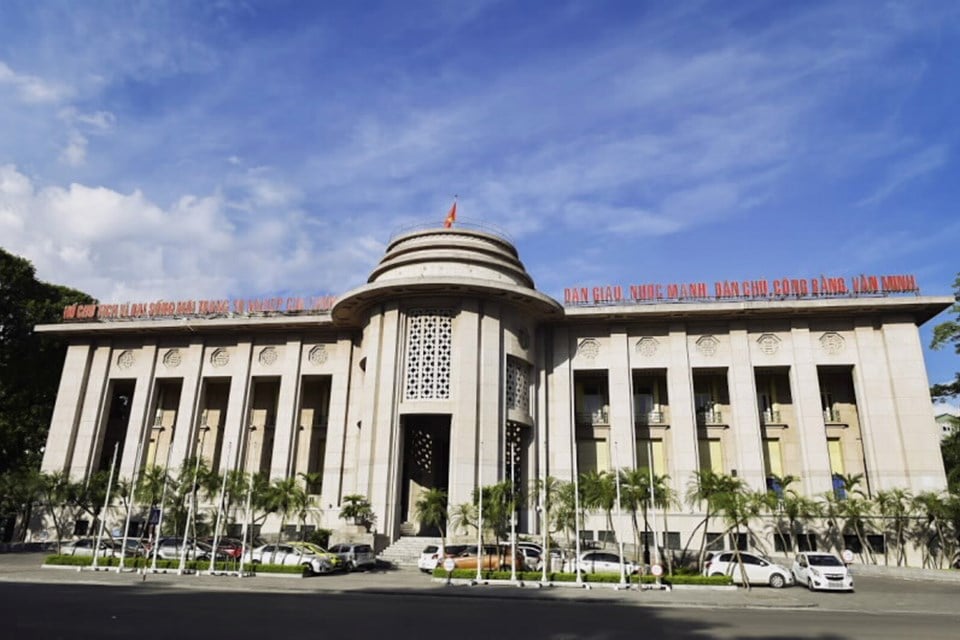
Deposit interest rates continue to decrease
On October 5, Viet A Commercial Joint Stock Bank (Viet A Bank) reduced interest rates by 0.1 percentage points for deposit terms from 1-36 months.
For individual customers, 6-month term is 6%/year, 7-11-month term is 6.1%/year and 18-36-month term is 6.5%/year.
For online deposits, the new interest rate for 12 and 13-month terms is 6.3%/year, while the 15-month term is 6.4%/year.
In addition, PGBank also reduced 0.3 percentage points to 5.3%/year for 5-9 month term, and 5.4%/year for 12 month term.
According to statistics on October 5, the banks with the highest interest rates for 12-month terms are PVcombank (6.5%/year); BaoVietbank (6.5%/year); NCB (6.4%/year);...
However, the current mobilization interest rate and lending interest rate have not decreased at the same rate. The average lending interest rate of newly arising transactions has decreased by about 1% compared to the end of 2022.
Explaining this issue, Deputy Governor of the State Bank Dao Minh Tu said that because the mobilization of commercial banks was previously at a very high level, even from 10-12%, the current delay in calculating interest rates is from 9-12%. However, when commercial banks have not yet paid interest, banks and businesses have agreed to support during difficult times.
Previously, Vietcombank adjusted its deposit interest rate down by another notch. Accordingly, this bank's interest rate has reached its lowest level in history, the highest being only 5.3%/year.
Interbank interest rates suddenly spiked
According to the latest data released by the State Bank, the average interbank interest rate for the overnight term in the last session increased to 0.55%, from 0.19% recorded in the session on September 29. This is the main term, accounting for about 80 - 90% of the transaction value.
In addition, interest rates for other key terms also tended to increase: 1-week term increased to 0.73%; 2-week term increased to 0.81%; while 1-month term decreased from 1.52% to 1.3%.
In theory, inflation is a factor that affects the overall economy in general and interbank interest rates in particular. Once inflation increases, the State Bank will adjust the interbank interest rates upward.
Therefore, banks have to increase lending rates to customers to compensate for high interbank interest rates. As a result, the circulation of money in the economy has decreased. However, this adjustment also affects the business activities of enterprises.
The short-term nature of interbank interest rates causes them to fluctuate frequently. The State Bank will base on data provided by banks to announce interbank interest rates every day. Banks need to monitor information on the State Bank's official portal to consider whether to borrow money at that time or not.
Source










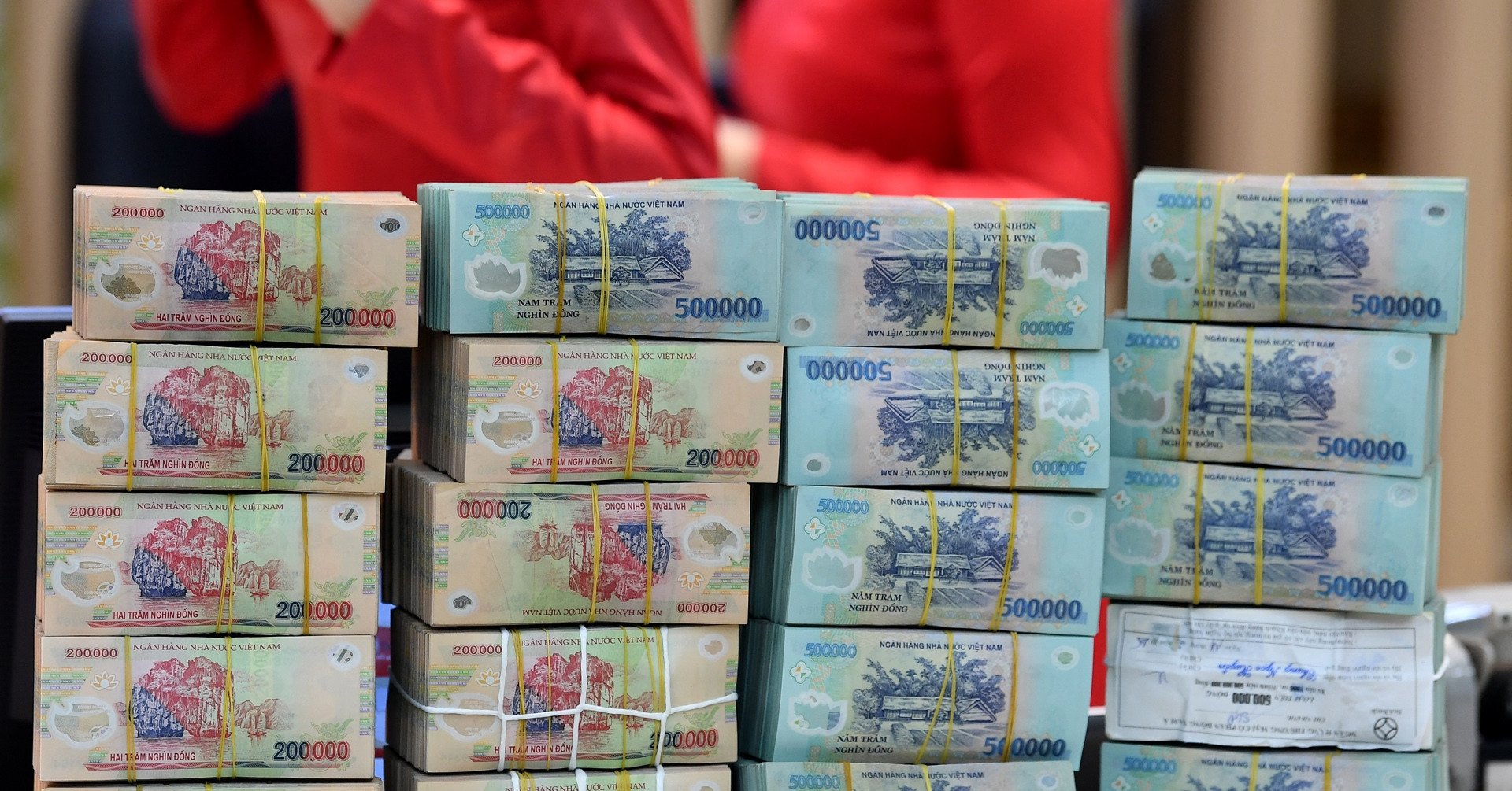


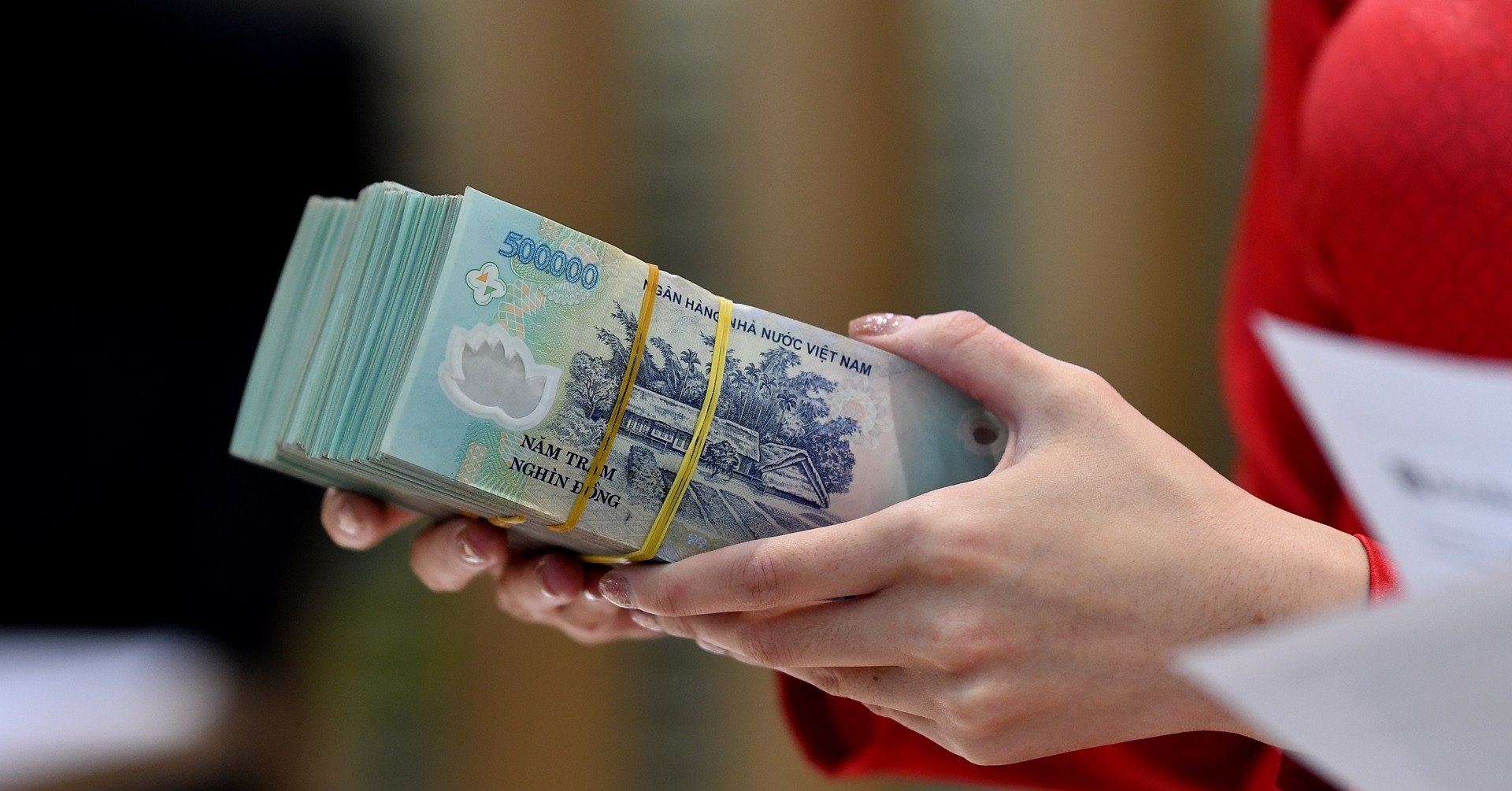
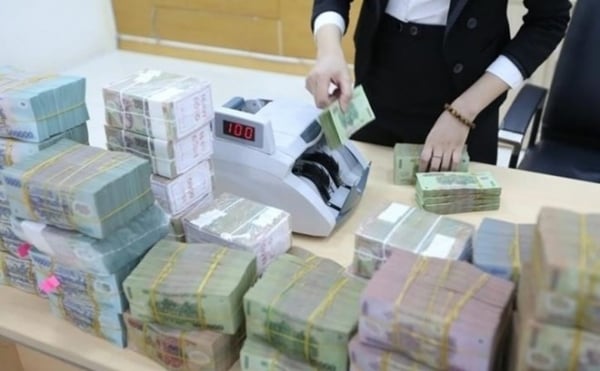

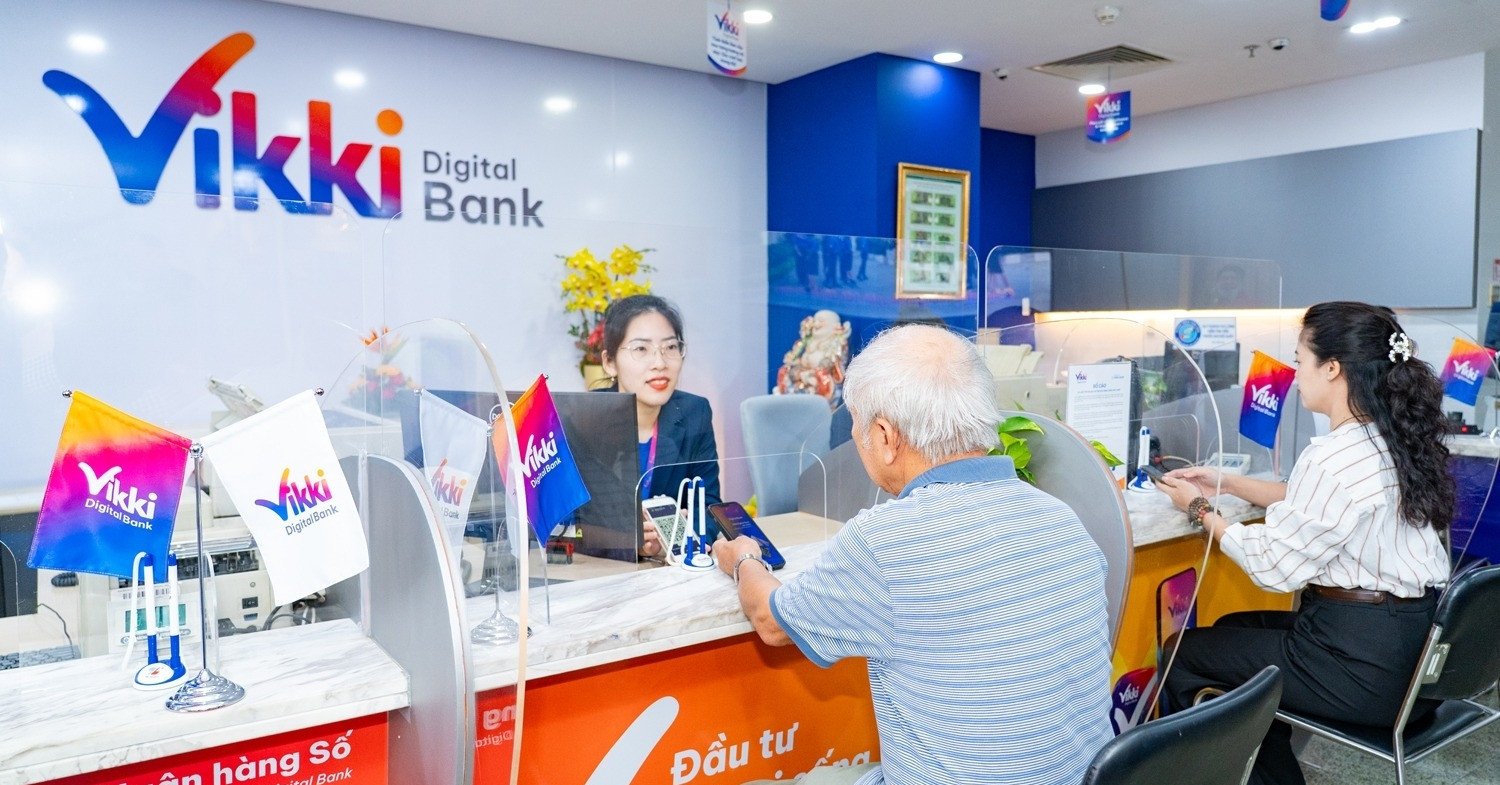

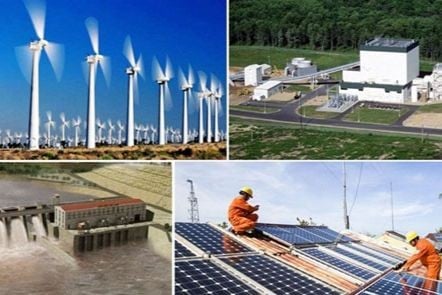

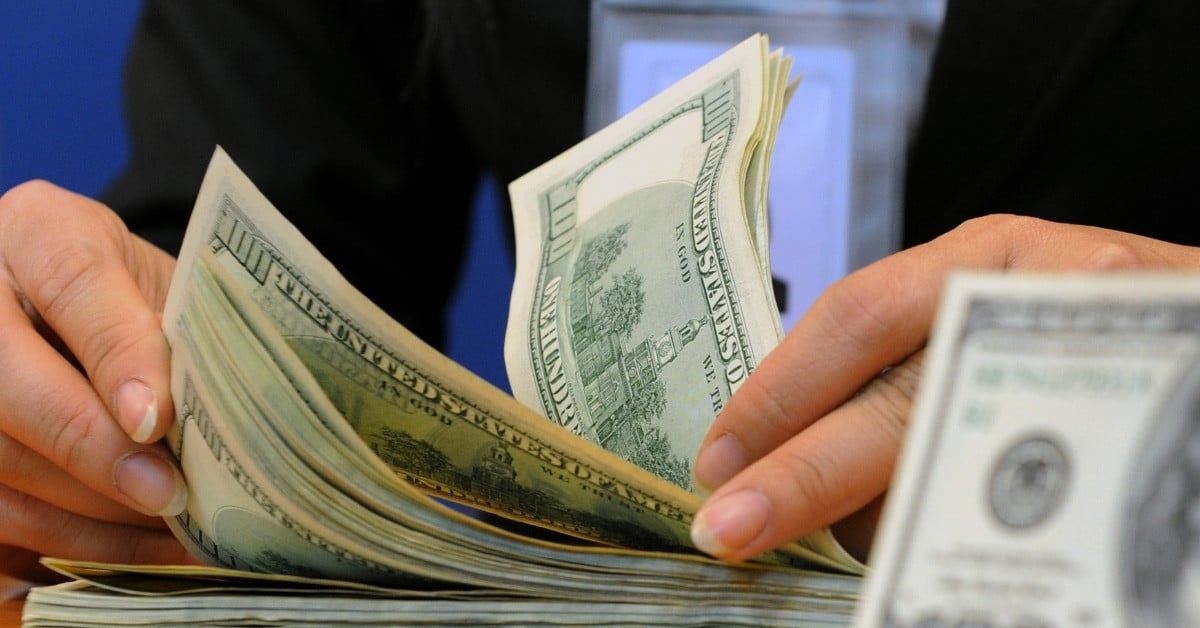






















Comment (0)